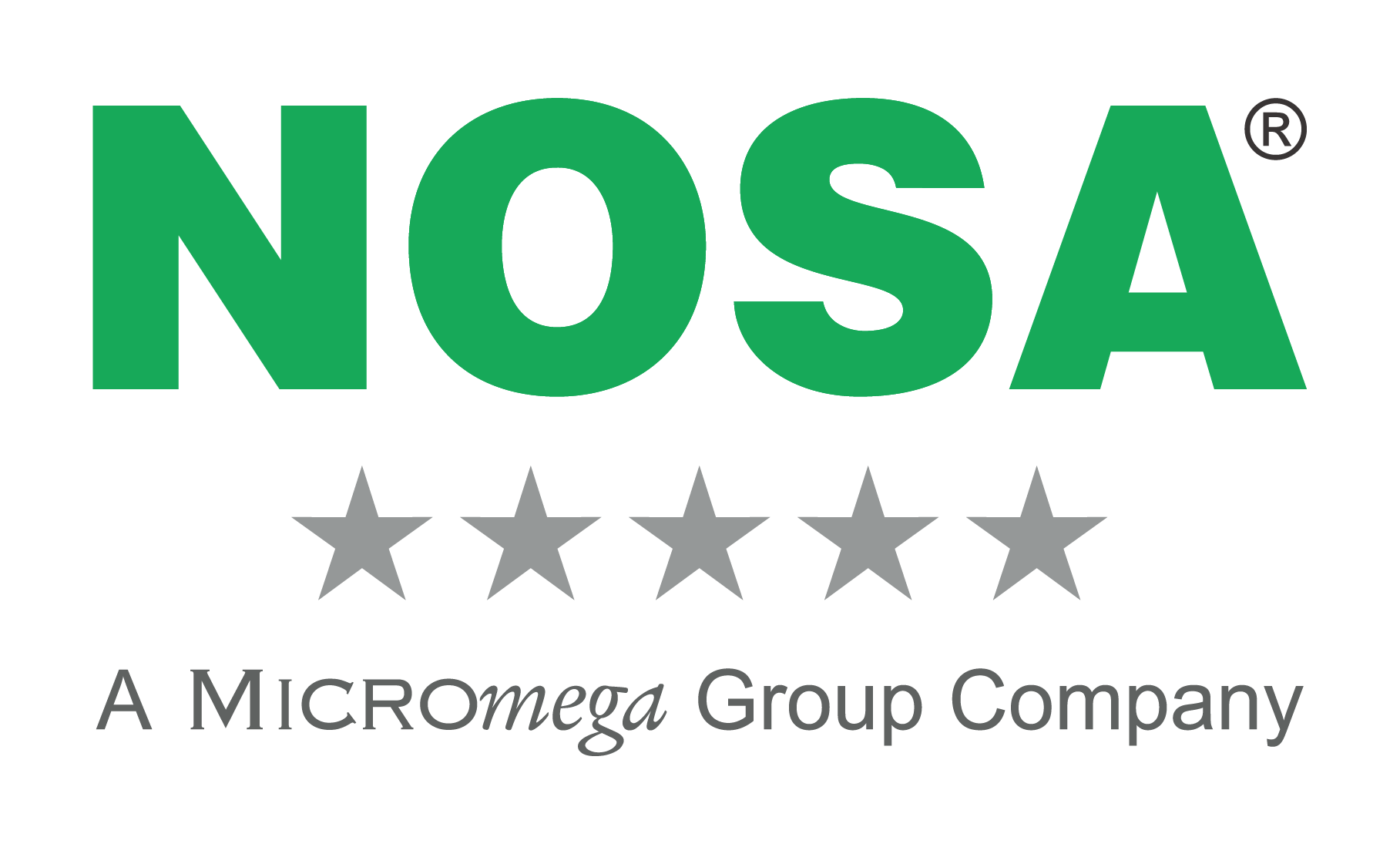
The efforts you make in lowering your company’s carbon emissions don’t rest entirely with you – how your suppliers conduct their business activities will also have an impact on your overall carbon footprint. An effective way to ensure they are responsible suppliers is to use the following checklist when you begin working with them. Remember, a supplier that appreciates its obligations to the environment will carry ethical corporate responsibility across its entire operations.
General waste management
- Are all containers maintained properly with legible and informative labels?
- Does the supplier handle, store and transport materials in a safe and appropriate manner to control risk?
Waste storage
- Does the supplier obtain and maintain appropriate permits for onsite waste storage?
- Are hazardous and non-hazardous waste kept separate?
- Are waste inventory and records maintained, including a current inventory of stored waste?
- Have workers been provided with appropriate waste management training?
- Does the waste management training include:
- safe and environmentally-responsible handling procedures
- proper disposal methods
- proper storage methods
- the hazards of mixing waste products at the facility?
Waste transport and disposal
- Does the supplier hold the appropriate permits for onside waste disposal?
- Does the supplier refrain from:
- conducting onsite open burns of waste
- burying waste onsite
- Does the supplier only deliver hazardous waste for offsite treatment and disposal to contractors licensed or otherwise permitted by the appropriate authority? (Does the supplier also regularly verify the disposal contractor’s license or permit?)
Waste water and effluents management
- Are all possible contaminants discharged onsite identified by the supplier?
- Is there an effective drainage system in place for waste water and effluents?
- Is a detailed scale drawing of the drainage system available for review?
- Does the supplier hold the relevant legal permits for waste water and effluent disposal?
- Does the supplier strictly comply with all legal limits on volume and discharge rate for wastewater and effluents?
- Does the supplier take immediate corrective action when volume/discharge limits are exceeded?
- Is there a waste water treatment plant in safe operating condition on site?
Air emissions management
- Does the supplier hold the appropriate legal permits?
- Does regular air emissions monitoring, including sampling and testing, take place?
- Is maintenance on air emission control equipment conducted regularly?
- Has the potential for fugitive emissions been taken into account?
- Does the supplier strictly comply with applicable legal limits?
- Is immediate corrective action taken in the event emission limits are exceeded?
- Is there a current inventory of point sources of air emissions?
- Is there a current inventory of onsite ozone-depleting substances (ODS)?
- Is ODS containment equipment regularly inspected and maintained?
Water management
- Does the supplier hold the appropriate legal permits for water use?
- If water is extracted onsite, does the supplier possess and maintain the required extraction permits?
- Are water consumption records maintained?
Energy consumption and gas management
- Do the facilities of the supplier meet the applicable legal requirements for energy use and greenhouse gas emissions?
- Has the supplier obtained and maintained the appropriate legal energy use and greenhouse gas discharge permits?
- Is regular monitoring of their energy use and greenhouse gas emission conducted?
- Are energy use records, including energy and electricity bills, and meter readings maintained?
- Does the supplier maintain records of direct and indirect greenhouse gas emissions?
Land use and biodiversity
- Does the supplier maintain the appropriate permits for land use and facility construction?
- Does the supplier meet any applicable legal standards regarding protected areas?
- Has the supplier conducted the necessary environmental impact assessment?
- Does the supplier have a current environmental policy in place?
- Is an environmental legal register maintained?
- Are environmental laws and regulations monitored for changes/updates?
- Has an emergency response plan been developed to deal with possible environmental incidents?
- Is regular environmental safety training provided to employees?
Hazardous substances management and pollution prevention
- Does the supplier hold the relevant permits for hazardous substances?
- Does the supplier refrain from using banned substances?
- Are all pollution and incidents involving a hazardous substance reported to the authorities?
- Are all appropriate measures taken to prevent and control the risk of environmental pollution from the release of a hazardous substance?
- Has the supplier identified environmentally sensitive receptors (rivers, underground water, etc.) close to facilities and implemented special measures to achieve prevention of contamination?
- Does the supplier keep an inventory of hazardous substances used and stored in the facility?
- Are employees appropriately trained:
- in pollution prevention and response measures
- to handle hazardous substances?
Noise pollution
- Does the supplier’s facilities comply with legal noise pollution limits?
- Has a noise pollution assessment been conducted?
- Is noise pollution monitoring regularly conducted?
- Is corrective action immediately taken if/when noise pollution limits are exceeded?
Nuisance
- Does the supplier understand nuisance issues and their associated local impacts?
Sources:
https://nimonikapp.com/public_templates/23671-walmart-standards-checklist-for-suppliers





